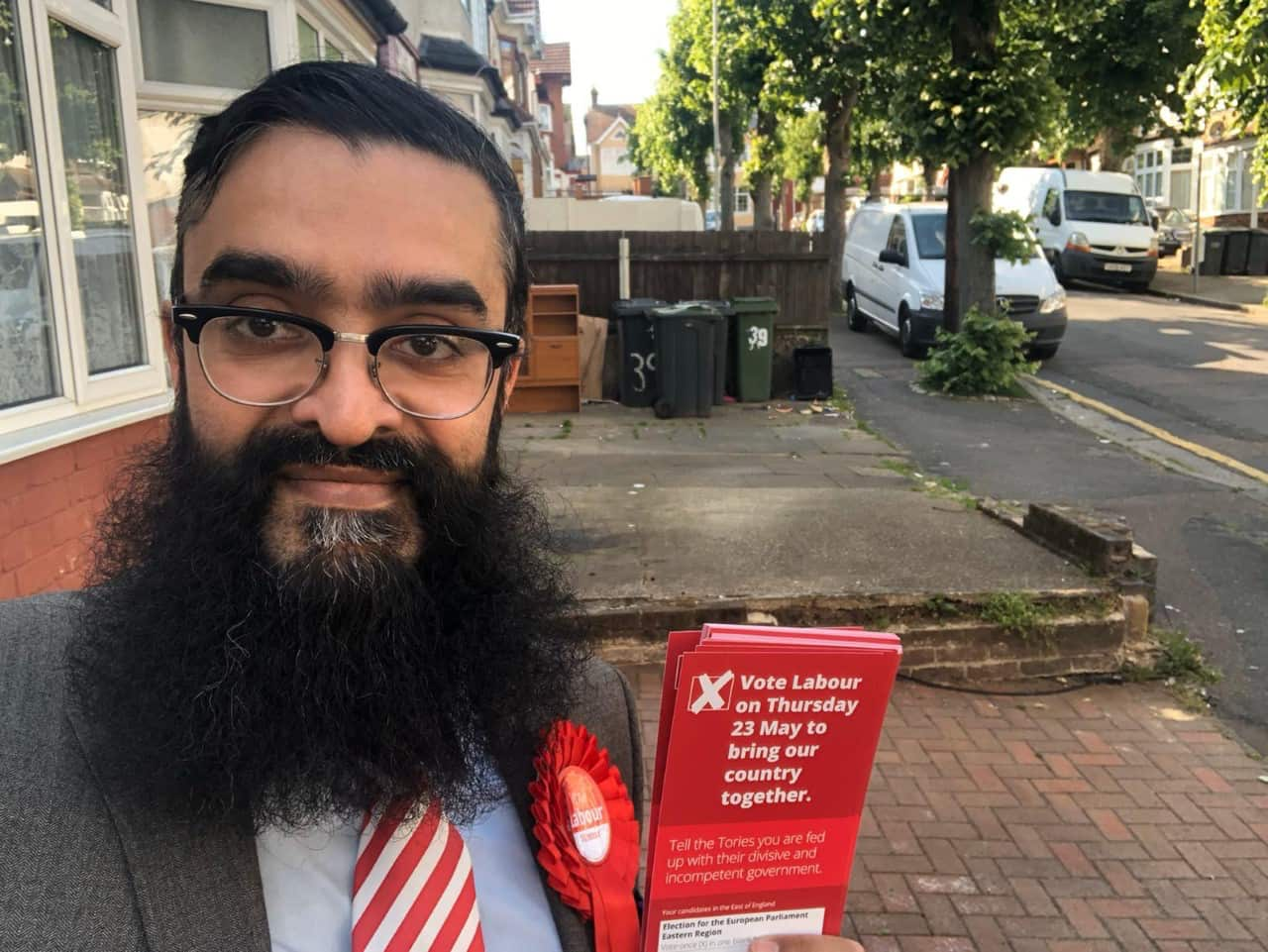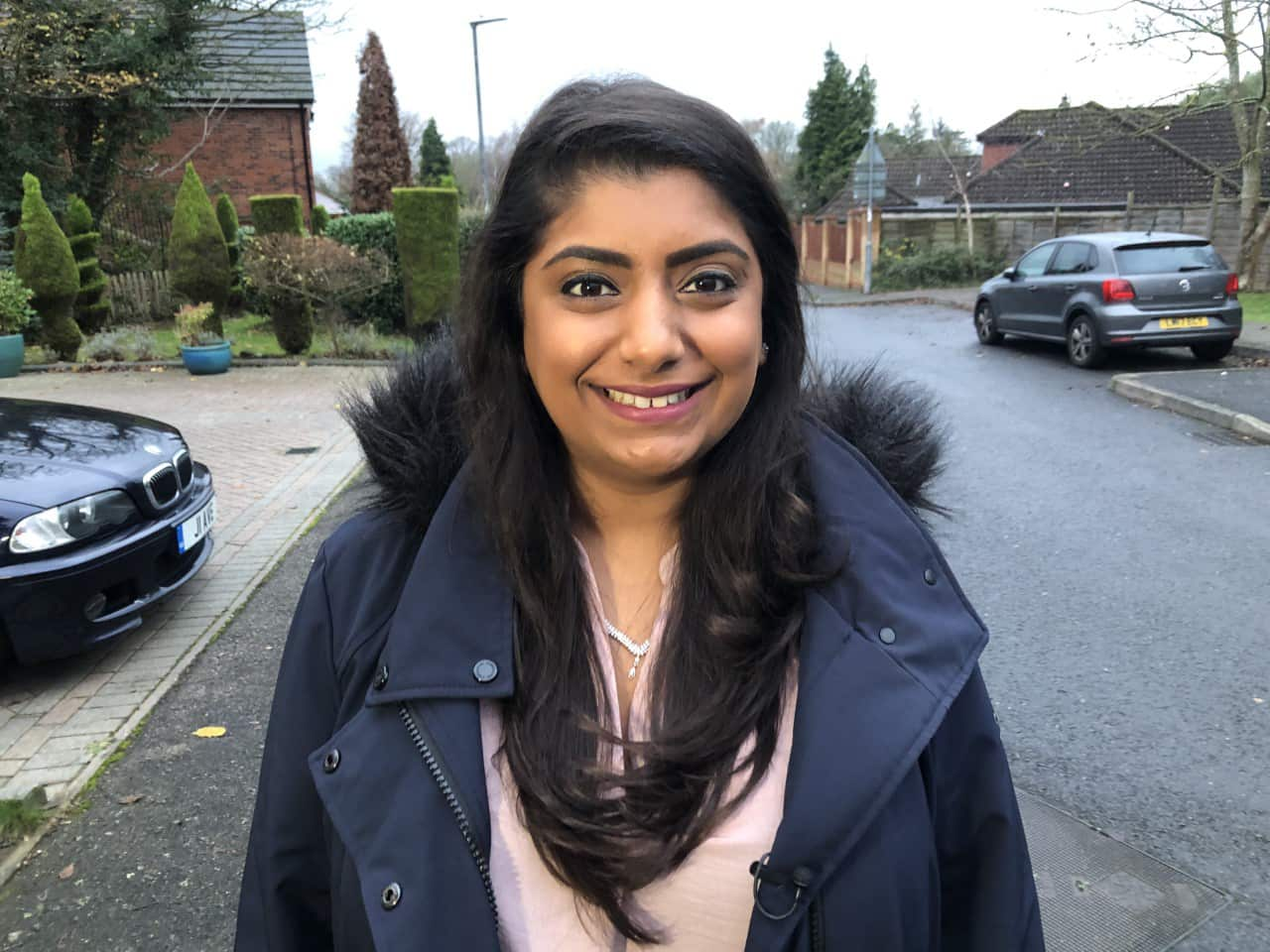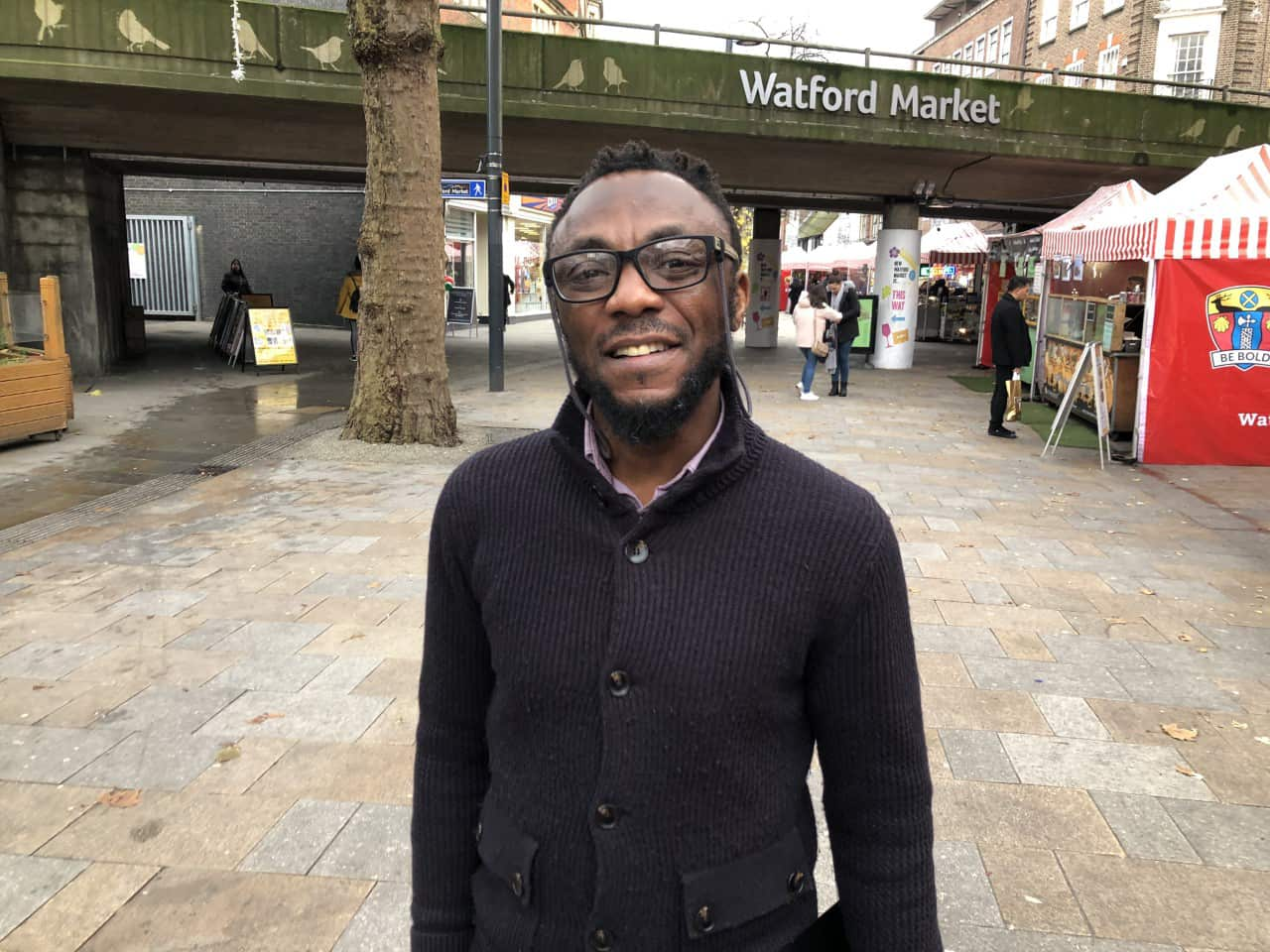An hour’s drive north of London, Luton is a culturally diverse, working-class town.
There’s a large south Asian community here and less than half of residents identify as ‘white British’.
Luton is traditional Labour country.
“Some of the reasons for that are quite current, some of them are historic,” former Labour councillor Yaqub Hanif tells SBS News.
“My father had to endure the ‘rivers of blood’ speech by Enoch Powell [which saw the MP criticise mass immigration] and the race riots of the ‘70s. So there has been a strong tradition for migrant communities from black and minority ethnicity backgrounds to vote for Labour.”

Around 10 per cent of registered voters in the 2017 general election were from ethnic minority backgrounds, a total of 4.8 million people.
An overwhelming 77 per cent of their votes went to the Labour Party.
One in five Labour voters were from a minority background, compared to one in every 20 Conservative voters.
Some analysts believe it’s those numbers that cost Theresa May a parliamentary majority. Yet this year, the Conservatives’ electoral strategy is not focused on marginal, diverse seats but on ‘getting Brexit done’.
Their target voters are white ‘leave’ supporters in the north of England, says Dr Zubaida Haque, deputy director of the Runnymede Trust, a race equality think tank.
“I think that tells you a lot, it indicates that the Conservative Party has shifted more to the right and it also raises concerns about whether they’re abandoning the ethnic minority voter, in particular, Muslim voters and more visible minorities.”
But there is support for the Conservatives in some diverse seats.
Just inside London’s M25 ring road is Watford.
It’s a marginal seat, won by the Conservatives at the last election. Around a quarter of voters are from black and Asian backgrounds.
Binita Mehta-Parmar calls the town home. She’s the director of Modern Britain, a centre-right organisation working to increase Conservative support in diverse communities.

“I think that Boris Johnson was clear in how proud he was to make sure his cabinet was the most diverse in history and I think having people like the home secretary Priti Patel, the chancellor Sajid Javid, the party secretary James Cleverly being ethnic minority faces shows that we’ve made real progress over the last decade,” she says.
Ms Patel is of Ugandan-Indian heritage, Mr Javid’s parents emigrated to Britain from Pakistan, and Mr Cleverly’s mother is from Sierra Leone. All three were born in the UK.
Labour has been keen to remind voters of prime minister Boris Johnson’s history of controversial racial statements; he once wrote that women in Burkas looked like “letterboxes”. But will his past comments change minds now?
Segun Akande normally votes for the Conservatives and will probably do so again this time, despite having some reservations.

“I’ve never thought Boris Johnson is racist, but he can be rather careless with his words,” he says.
“But I’m concerned about his cabinet. He’s had to get a cabinet to get Brexit done, but I think he’s surrounded by right-wingers. I hope that after Brexit, he’ll be able to have a more balanced cabinet.”
While the 2017 parliament was the most ethnically diverse on record, there has been little change in minority voting patterns.
Dr Haque says parties hoping to increase their share of the BME vote (black and minority ethnic) need to look beyond the short election campaign.
“I think parties have to reflect on the fact voters are also looking at parties in the long term. They don’t just vote on the election stunts and strategies ... they’ll also be looking at those parties and thinking ‘what has that party done for me?’”
The UK’s general election takes place on Thursday 12 December.



